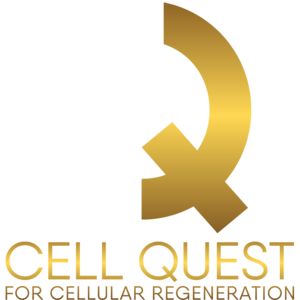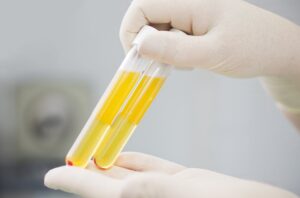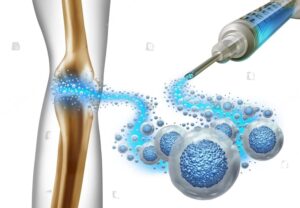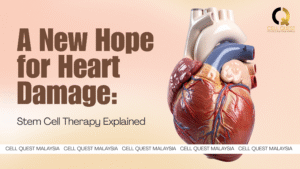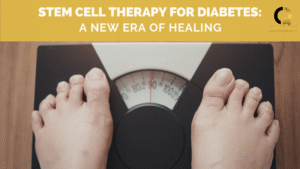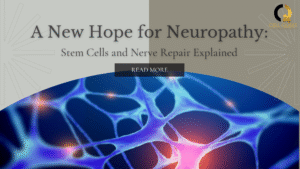At Cell Quest Malaysia, we are committed to providing the best medical-grade supplements and wellness products, including cutting-edge stem cell therapies. Stem cell therapy has gained significant attention in regenerative medicine, offering potential treatments for various conditions. However, it is essential to be aware of the risks associated with certain types of stem cell treatments. This article aims to shed light on the dangers of adipose-derived (autologous) stem cell therapy and compare it to the less risky allogeneic mesenchymal stem cell (MSC) therapy that we offer.
Understanding Adipose-Derived Stem Cell
Adipose-derived stem cells (ASCs) are a type of mesenchymal stem cell (MSC) harvested from fat tissue. These cells have the potential to differentiate into various cell types, making them a popular choice for regenerative therapies. The process involves extracting fat tissue through liposuction, isolating the stem cells, and then reintroducing them into the patient’s body to promote healing and regeneration.
Potential Risks and Complications
While ASCs are relatively easy to harvest and abundant, their use in autologous treatments (using the patient’s own cells) comes with several risks:
- Infection. The extraction and reintroduction processes involve invasive procedures that can introduce infections.
- Contamination. During the isolation and processing of stem cells, there is a risk of contamination that can lead to severe complications.
- Tumour Formation. There is a theoretical risk of tumour formation, although this is less common with autologous cells compared to embryonic stem cells.
- Immune Reaction. Even though the cells are from the patient’s body, there can still be immune reactions.
- Fat Embolism. There is a risk of fat cells entering the bloodstream and causing blockages during the process.
Real-World Cases of Adipose-Derived Stem Cell Treatments
Despite the potential benefits, there have been reports of severe complications and even fatalities associated with adipose-derived stem cell treatments. These incidents often occur in unregulated or experimental settings, where the procedures are not conducted under strict clinical guidelines.
Safer Alternatives: Allogeneic MSC Therapy
At Cell Quest Malaysia, we prioritise safety and efficacy in our treatments. One of the safer alternatives to autologous adipose-derived stem cell therapy is allogeneic MSC therapy. Allogeneic MSCs are sourced from healthy donors and undergo rigorous screening and processing to ensure their safety and effectiveness.
Advantages of Allogeneic MSC Therapy:
- Lower Risk of Infection and Contamination. Due to stringent processing and handling protocols.
- No Need for Invasive Harvesting Procedures. As the cells are sourced from donors, there is no need for invasive procedures like liposuction.
- More Robust Therapeutic Potential. Sourced from young, healthy donors, potentially offering more robust regenerative properties.
- Ready Availability. Off-the-shelf availability means no waiting period for cell harvesting and processing.
Hazards and Precautions
While there is a risk of immune rejection, MSCs have properties that help control the immune system so it responds better and lowers this risk. Additionally, allogeneic MSCs are thoroughly screened for diseases, minimising the risk of disease transmission.
Conclusion
When considering stem cell therapy, it is crucial to weigh the risks and benefits of different treatment options. Autologous adipose-derived stem cell therapy, while promising, carries significant risks of infection, contamination, and other complications. In contrast, allogeneic MSC therapy offers a safer, more reliable alternative with fewer associated risks.
At Cell Quest Malaysia, we are dedicated to providing advanced, safe, and effective stem cell treatments. Our allogeneic MSC therapy is designed to maximise therapeutic benefits while minimising risks, ensuring the best possible outcomes for our patients. Choose safety, choose efficacy, choose Cell Quest Malaysia. For more information or to book your FREE consultation, you can contact Cell Quest® via WhatsApp at +6010-838-9254.
